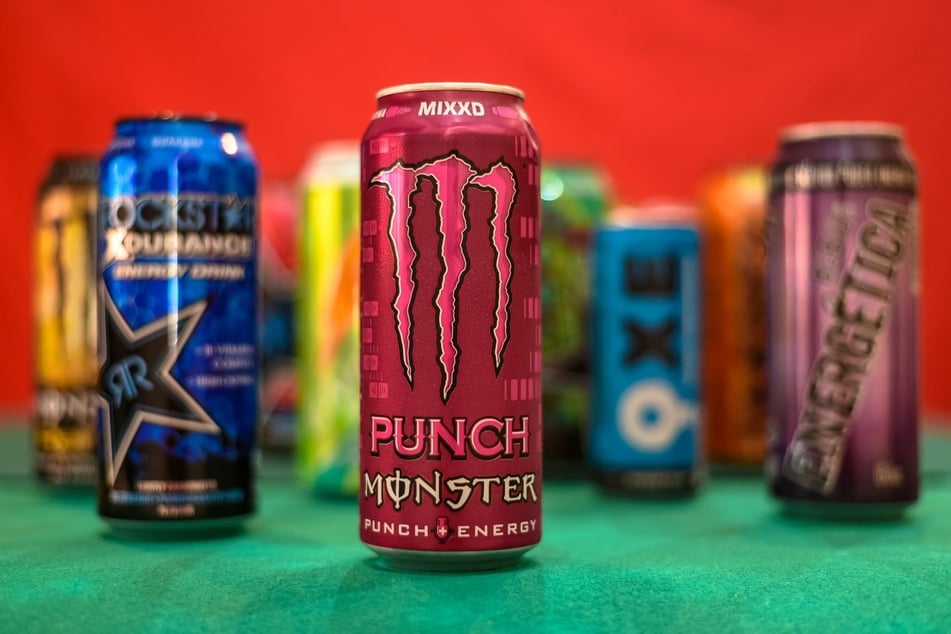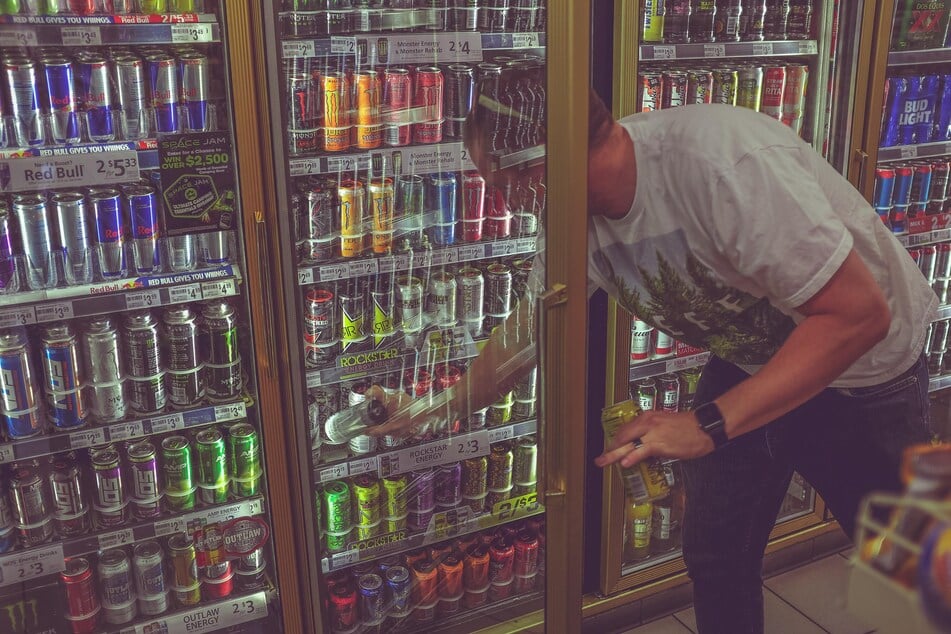Energy drinks: Can too many jolts knock your health out of whack?
Energy drinks not only contain a lot of caffeine, but also a ton of sugar to mask their bitter taste. Often, they're not even your best option for staying alert.

t's been a long day, you've got a lot on your plate and your batteries are running low. So you pop open an energy drink - or two. Is this a safe way to boost your physical and mental performance?
"We view the marketing claims of higher performance and greater alertness critically," says Silke Vollbrecht, a food and nutrition adviser for the consumer advice center in the German state of Brandenburg (VZB). "Manufacturers' assertions of this kind must be scientifically proven and approved, but most aren't."
The caffeine in the popular pick-me-ups is the main ingredient meant to make us alert and productive. "There are usually 32 milligrams (mg) of it per 100 milliliters (ml) of drink, which is the maximum allowed by law," Vollbrecht says.
Caffeine generally has positive qualities. "It stimulates the cardiovascular and central nervous systems, and in moderate doses can improve concentration and alertness," says Anke Ehlers, a food safety specialist with the German Federal Institute for Risk Assessment (BfR).
It can also boost endurance during sport activities, but there's a caveat: "The drinks can't offset fluid loss via sweating during sport," Vollbrecht says, noting it's far better to drink plenty of water.
Are energy drinks bad for you?

The benefits of caffeine depend on the dose, and energy drinks entice you to ingest large amounts of it in a short period of time. "Depending on your sensitivity," says Ehlers, this can cause unwanted side effects such as nervousness, profuse sweating and heart palpitations.
Especially in combination with alcohol, physical exertion or insufficient sleep, too much of the stimulant caffeine can result in dangerous heart rhythm disturbances, the BfR warns.
In short, Ehlers remarks, "health risks from energy drinks are posed mainly by their excessive consumption."
It's unclear if heavy, long-term consumption of energy drinks can cause chronic harm to your health, she says, since "there are hardly any scientific data on this yet." A joint study by the BfR and Charité University Hospital in Berlin aims to produce findings.
This begs the question: How much caffeine is too much?
How much is too much caffine?

According to the European Food Safety Authority (EFSA), single doses of caffeine up to 200 mg don't raise safety concerns for healthy adults, nor do intakes of up to 400 mg consumed throughout the day.
However, adolescents, the main consumers of energy drinks, shouldn't ingest more than 3 mg of caffeine daily per kilogram of body weight, the EFSA says. So the recommended maximum for a 50-kilogram teenager is 150 mg, an amount already exceeded by a single large can of energy drink.
High caffeine content isn't the only potential problem with energy drinks – sugar is, too. A large can contains about 60 grams of it, the VZB points out, which is the equivalent of 20 sugar cubes.
"Sugar provides the tempting taste, which is why it's added in large amounts," says Vollbrecht. Another reason is to cover up the bitter taste of the caffeine. "But heavy sugar consumption," she warns, "can lead to obesity, diabetes and tooth decay."
Although some energy drinks are dressed up to look healthy - with images of fruit on the can and touting ingredients such as orange, apple, passion fruit or mango - all they contain are synthetic vitamins that "don't make the drinks better or healthier," Vollbrecht says.
As an alternative to energy drinks, the VZB recommends simply coffee. "The risk of ingesting an excessive amount of caffeine via coffee is comparatively small," as Vollbrecht sees it, since teens don't drink coffee and espresso in such large quantities as cool, sweet energy drinks.
"To ingest 150 mg of caffeine in a day, an adolescent weighing 50 kilograms would have to drink about two cups of coffee or three espressos, depending on their strength," she says, and mentions another positive aspect of coffee: "You can determine the sugar content yourself."
Cover photo: Unsplash/jorge-franganillo

